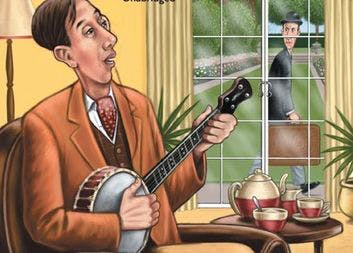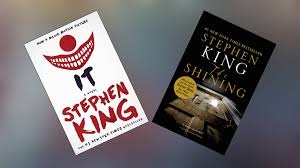In this edition of Shelf Life, a column that reflects on books and authors that bring joy, Vineeth Abraham pays tribute to the life and works of the master humorist, PG Wodehouse.
It was on a hot summer’s day in 1975 that one of the most momentous experiences of my life happened, though at the time the only emotion I felt was one of annoyance. A man gave me a book. Usually something I would accept with open arms but not on this occasion. I was already deeply engrossed in a novel featuring that intrepid adventurer Clark Savage Jr., known to his awestruck admirers and his nefarious foes as ‘ Doc Savage’.
The book was called ‘The Land of Terror’ and was one of several tomes featuring Doc’s adventures which had recently been acquired by my school library. It had taken several months before I could get my hands on the books as the bigger boys in the 9th and the 10th standards had got their grubby hands on the books first, roughly shoving aside gentle souls like yours truly. All good things come to he who waits and finally I had managed to corral one of the books. It was the lunch break and I had bolted my lunch and ensconced myself in the library as was my wont.
I was deep into the book, oblivious to everything around me when a voice sounded in my ear. It was a voice that every student in the school knew and feared. The voice of the bogey man, Fr. C.P. Varkey the Vice Principal, also known among the students as Vice Pop. The Principal, Fr. Morris Stanford, a gangling gentle giant from Canada was, of course, known as Pop. The real power in the school, the demon disciplinarian, was Vice Pop. The voice sent a shiver down my spine. ‘ What are you reading ?’ was the question posed to me in a voice that seemed redolent of quiet menace.
I quaked inwardly as I sprang to my feet and stuttered ‘Just a book, Father.’ Vice Pop’s voice quivered slightly. ‘Of Course, it’s a book. What else would you be reading? What book?’. I swallowed and stuttered out ‘ A Doc Savage book, Father’. There was a pregnant pause. ‘Doc Savage ?, Who’s that?. What is the book about?’ I squirmed. ‘Just an adventure story. ‘Oh’, he murmured with a look of disapproval, ‘Ok. Carry on.’ To my relief, he walked away and it was as if a cloud had lifted and the sun shone again. I breathed a sigh of relief but my happiness was short-lived.
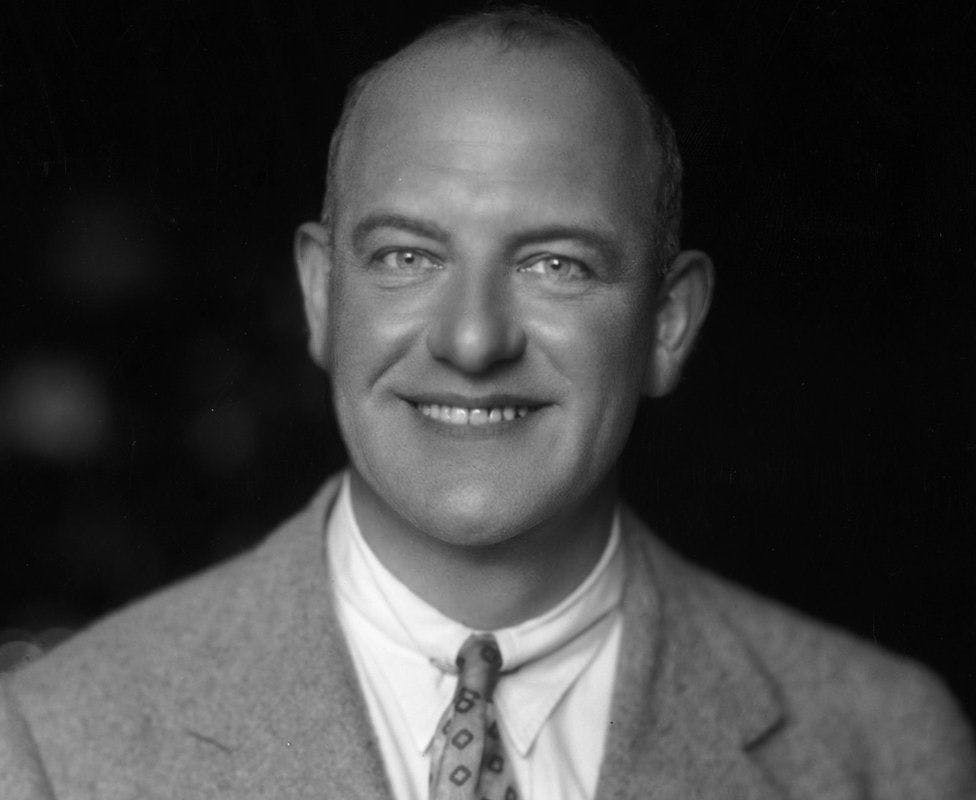
Suddenly he materialized at my side again. I quaked. What was I going to be pulled up, for now, reading adventure novels? He reached out his hand and I was happy to note that it didn’t hold his dreaded cane, seldom seen but ever-present like a sword of Damocles hanging over the head of every student in the school. What he held in his hand was a book. ‘Why don’t you try this book ‘ he asked and though he didn’t say it I could sense that he wanted to add “Instead of that rubbish you are reading’. I reluctantly put down the Doc Savage book and accepted the book he was holding out. It was a Penguin paperback written by some guy called Wooden house or something and the title was ‘ Right Ho, Jeeves’. ‘I’ll try it, Father’, I mumbled, eager for him to leave so I could get back to Doc and his pals who were in a life or death situation in the aptly named Land of Terror.
‘The lunch break is almost over. You had better get the book issued and return to your class’, Vice Pop said. He didn’t show any intention of leaving so I was forced to leave Doc and his cohorts dangling between life and death and walk over and get an old Woodentop’s book issued. Muttering to myself I walked off to my class clutching the book in my hand though I would willingly have chucked it in the dustbin. I shoved the book in my bag and headed for home on the school bus at the end of the day, still bemoaning my fate and wondering what hideous fate had befallen Doc and his friends. I would probably never know for the book had doubtless been snapped up by someone else who was triumphantly carrying it home while I was forced to make do with that damned Woodlouse.
Discovering the Master
Once I reached home I pulled the book out and handed it over to my mother, acting as if I’d got it especially for her. One has to earn brownie points whenever one can and make the most of a sad situation. She jumped on the book like a cat on a chocolate-covered mouse. ‘Wodehouse. How lovely. I love his books. I sniffed and walked off looking for sustenance while she immediately curled up with the book. I could see her smiling to herself while she read the book and occasionally giggling. Suddenly there was a full-blown gale of laughter. ‘ Listen to this’ she choked out between peals of laughter and proceeded to read out a few passages to me.
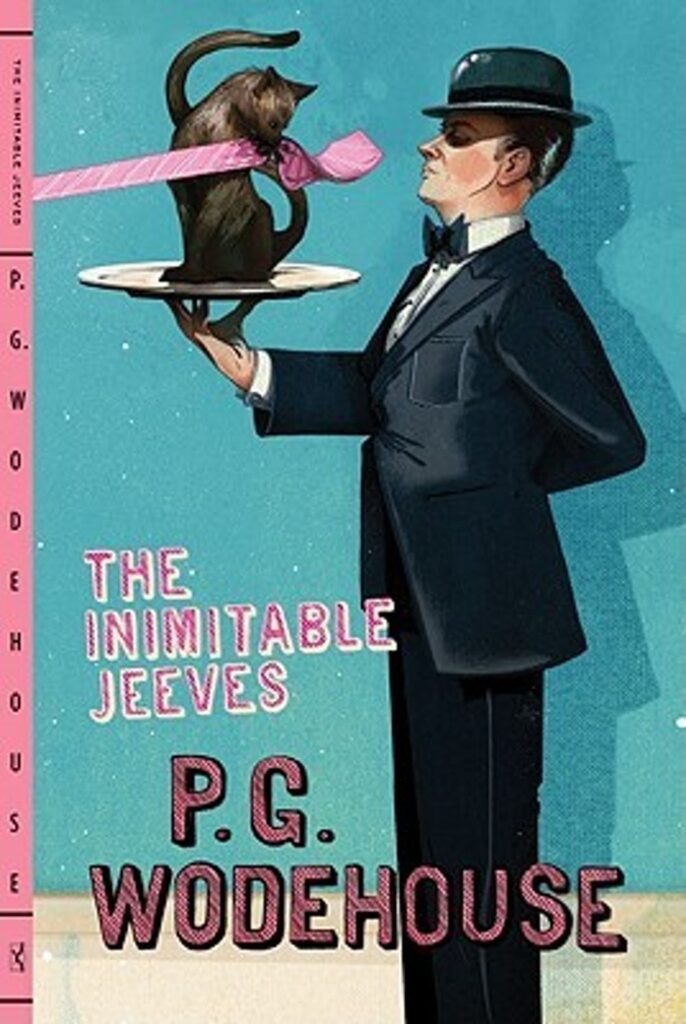
It was the scene where an inebriated Gussie Fink Nottle hands out the prizes at the Market Snodsbury Grammar School, one of the most celebrated scenes in the entire Wodehouse canon, and that is saying something. I half-listened with a polite look on my face but with my mind still wondering at Doc’s fate. Slowly I began to pay more attention. The scene was pretty funny, no I lie, it was very funny. My disdain for Woodmouse slowly turned into interest. This guy was pretty good. I tried to snatch the book from my mother but she clung on to it .’ Let me finish it, then you can have it ‘.
Very annoying, seeing as I was the one who had brought it home. I retired gracefully (always better to do that where mothers are concerned ) and impatiently waited for her to finish. Finally after what seemed to be hours and hours she handed over the book and I plunged into it. It was a very funny book and I enjoyed it. I’d like to say that the sparkling prose and wonderful similes entranced me, but the truth was that I was still too young to fully appreciate the work of The Master.
I did enjoy it though and soon had blazed through the rest of his books available in the Library. Each book I read, ‘ Laughing Gas’, ‘Very Good, Jeeves’, ‘ Leave it to Psmith ‘, ‘ Pigs Have Wings ‘ made me fall more in love with the author and soon I was a certified Wodehouse addict. Sadly none of my schoolmates seemed to share my admiration for Wodehouse, with their literary tastes running more to James Hadley Chase and Nick Carter, not that I disapprove of Chase, a very fine writer but no Wodehouse. I had discovered my hero, a writer who has remained my all-time favourite over a lifetime of reading.
When I left school and joined Arts College for my Pre Degree I was fortunate to fall in with a group of guys, most of whom were readers. Aananthakrishnan, Suresh, Balachandran and my other friends were those rare enlightened souls, die-hard Wodehouse lovers like me. After attending a couple of lectures we’d get down to the important business of the day which consisted either of playing cricket at the local maidan or visiting libraries.
Within a couple of years, thanks to the munificence of the British Council Library, Trivandrum Public Library and the University Library we had borrowed and avidly read almost all of Wodehouse’s books. The only book that evaded our sweaty clutches was a book called ‘Aunts Aren’t Gentlemen’. The book was one in the series featuring Bertie Wooster and his valet, that man of the bulging forehead and wonderful intellect, Jeeves.
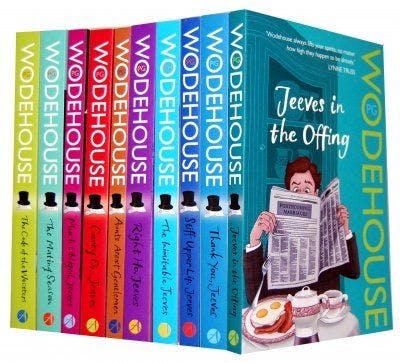
We searched desperately for the book but none of the Libraries had it on their shelves. Then on one of my visits to the British Council Library with my friend Suresh on our way out we saw a copy of the book, our Holy Grail, in one of the cubbyholes of the shelf outside the library door where visitors had to leave their personal belongings. It was clear that the book belonged to one of the visitors to the library. While we stood there gazing longingly at the book a pleasant-looking elderly gentleman walked out of the library and picked up his book and rolled up an umbrella from the cubbyhole.
Suresh and I looked at each other and then of one accord hesitantly approached the gentleman. We enquired whether the book was his. Yes, was the quizzical reply. We hemmed and hawed, not sure how to request a perfect stranger to lend a book to someone he didn’t know from Adam. He was quick on the uptake and a man of rare intelligence, a common trait of all Wodehouse lovers. ‘Would you like to read this book ?’ he enquired.
Would we? Would the lions in the Roman arena like to lunch on the gladiators? We nodded vigorously like a couple of marionettes. Then the words came out in a rush. We explained how we had read everything by Wodehouse except this particular book and how this was the only one left on our wish list. He recognized the fervour of fellow Wodehouse addicts and immediately handed it over. He informed us that he visited the library every Saturday at the same time and we could return the book next week. He shrugged off our incoherent thanks and we returned with our precious find which we duly read and returned the following week. I don’t remember the name of the gentleman but he was a fine example of the kind of person who reads Wodehouse, honest upright and full of the milk of human kindness.
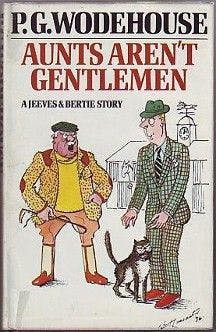
Psmith, Blandings, Wooster and Jeeves
Wodehouse would have been deemed immortal just for the creation of Bertie Wooster and Jeeves. The genius of the man did not stop at this. He gave us a whole gallery of sublime characters to savour and return to, again and again. The earnest, absent-minded, pig loving Clarence, Lord Emsworth of Blandings Castle, his sister the gorgon Lady Constance Keeble, the disreputable, irrepressible Stanley Featherstonehaugh Ukridge always on the lookout for the new money-making scheme and undeterred by his repeated failures, that elegant socialist Psmith (pronounced without the P ), the genial raconteur of the Angler’s Rest Bar, Mr Mulliner, that ball of fire in the guise of an elderly gentleman Lord Ickenham affectionately known as Uncle Fred, the sage of the golf course The Oldest Member and a multitude of menacing Aunts, irritable poodles and pekingese, enormously fat pigs, red-headed girls and those various denizens of the Drones Club, young men who were sartorially perfect but quite deficient when it comes to the little grey cells, to paraphrase Agatha Christie.
During World War II during the German occupation of France, Wodehouse was arrested in northern France, where he was living at the time, and sent to a German internment camp for almost a year. Even there, he kept writing and wrote the novel ‘Money in the Bank’, one of his very best. The Germans then invited him to make a series of humorous radio broadcasts on his internment. The Germans intended this to be propaganda but Wodehouse was too naïve and good-hearted to realize this.
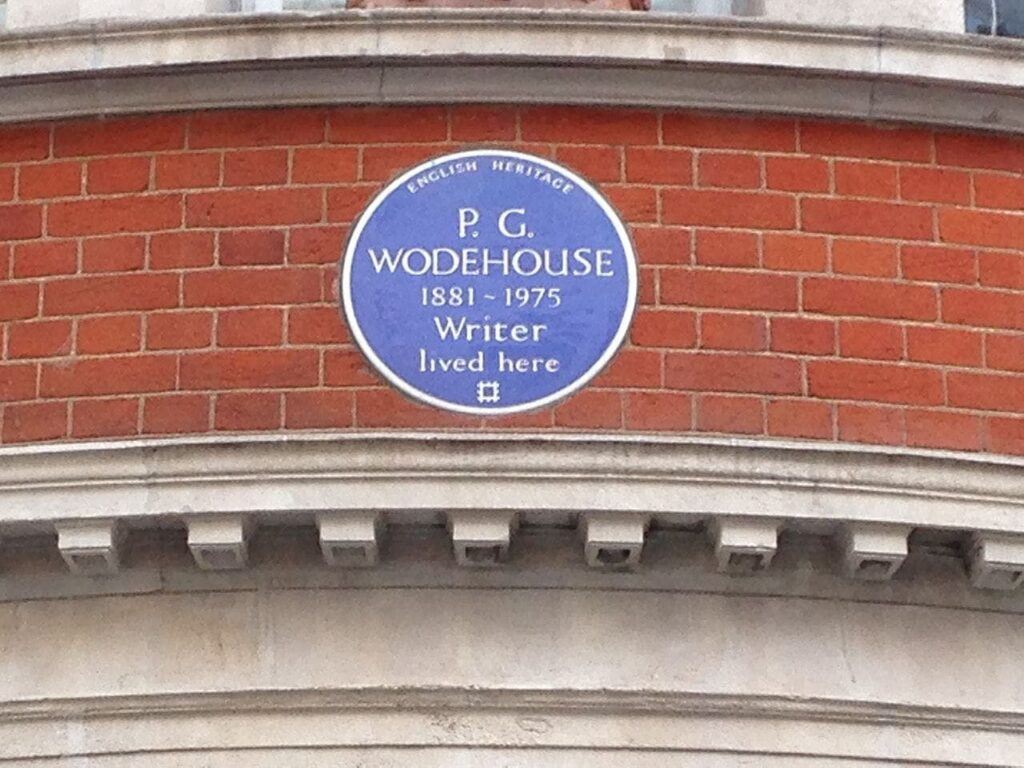
The broadcasts caused outrage in Britain with the words Nazi collaborator and Traitor being thrown around. The most vicious critic was fellow author A.A.Milne creator of Winnie the Pooh, undoubtedly moved more by envy of a writer he could never match, rather than any patriotic feeling. Wodehouse was defended by fellow writers Sax Rohmer, Dorothy Sayers, Gilbert Frankau and Compton Mackenzie. I have never been able to fully enjoy books by Milne ever since. If I had met him in person I would have cut him dead. ‘ Pshaw,’ I would have said, or even ‘Pah’. Even Winnie the Pooh would probably have turned around and bitten his creator in the posterior. These snakes in the grass deserve nothing less. The incident however deeply affected Wodehouse who emigrated to America, never to return to reside in his beloved England. He did return briefly when his nation realized his true worth and he was knighted by Queen Elizabeth in 1974. England’s loss was America’s gain as he set several of his later and best novels in that country.
Broadway Plays
Apart from being the world’s most beloved humorous author, Wodehouse was also the writer of several hit Broadway plays, with music by legends George Gershwin and Jerome Kern, and also wrote screenplays for movies based on his books. These movies as well as the TV series based on his books, especially ‘ Jeeves and Wooster ‘ starring Stephen Fry and Hugh Laurie and ‘ Wodehouse Playhouse ‘ starring John Alderton and Pauline Collins, are essential viewing.
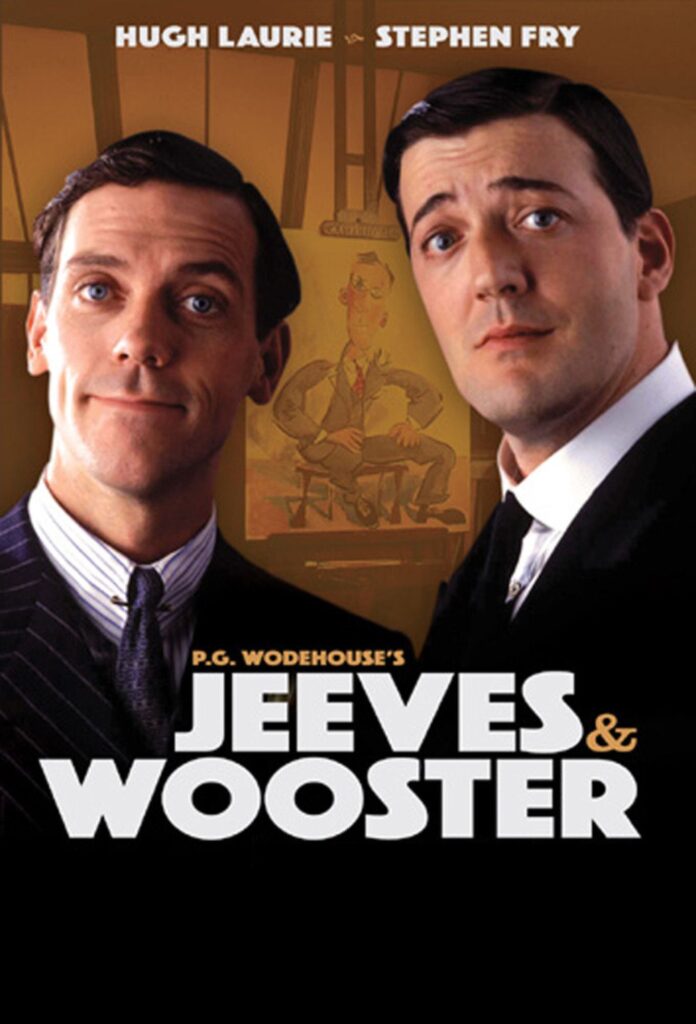
Wodehouse was that rarest of men, a truly happy kind-hearted person, one whose only ambition in life was to make people laugh and feel good. It helped that he was an artist with words, a writer par excellence, the greatest since the Bard of Avon, in my humble opinion and also in the opinion of several great literary lights. Evelyn Waugh in a BBC broadcast, in 1961, commented: “Mr Wodehouse’s idyllic world can never stale. He will continue to release future generations from captivity that may be more irksome than our own. He has made a world for us to live in and delight in.”
“What Wodehouse writes is pure word music,” said Douglas Adams, the author of The Hitchhikers’ Guide to the Galaxy. “It matters not one whit that he writes endless variations on a theme of pig kidnappings, lofty butlers, and ludicrous impostures. He is the greatest musician of the English language, and exploring variations of familiar material is what musicians do all day.” Hilaire Belloc simply called him ‘ The head of my profession ‘ and ‘The greatest author in English alive’. Susan Hill opined ‘Not only the funniest English novelist who ever wrote but one of our finest stylists. His world is perfect, his stories are perfect, his writing is perfect. What more is there to be said ‘. What more, indeed.
Write to us at [email protected]

